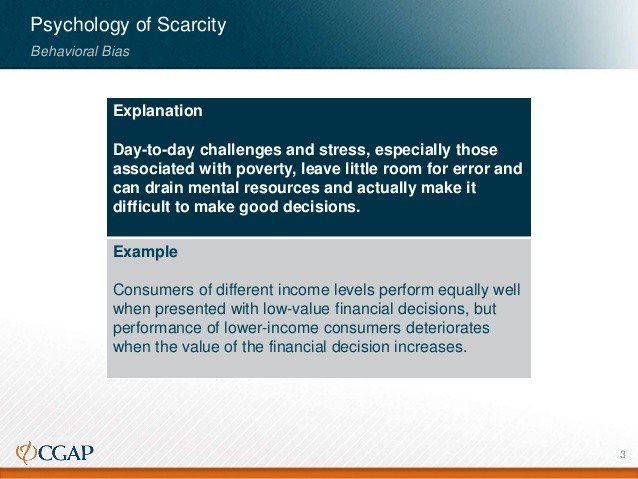How Behavioral Finance Biases Can Cost You Money
Post on: 30 Март, 2015 No Comment

by Hank Coleman
Many of you may not have heard of the term behavioral finance biases, but it is hard to find a point where our minds do not get in the way of our money. It happens all the time. We try to kid ourselves that we are rational human beings who make rational decisions, but history and our stock market has proved us wrong time and time again. In fact, we let our emotions take hold of us more often than we would like to admit much to the detriment of our finances. Below are three classic examples of behavioral finance biases and how we behave irrationally with our money and let our minds get in the way and cost us.
Behavioral Finance Biases Says We Have An Aversion To Losses
When we are investing for our financial goals, whether it is buying a home, retiring early, sending our children to college, or any one of the hundred others, a rational person is supposed to step back and look at the big picture. You are supposed to consider your total investment portfolio, and the goal is to increase your wealth to accomplish these financial goals. But, far too often, we look at the individual wins and losses. I’m sure that most of the readers can quickly name a stock or mutual fund that has cost them a significant loss over their investing career. Investors have a loss aversion, and we tend to focus on our losses as opposed to the other investments that are in the black. We would rather avoid a loss altogether than risk it for a chance at a gain. Investors often sell winning stock in order to lock in a profit and hold losing stocks as they sink further and further in an effort not to have to actually accept the current loss on paper.
We Are Overconfident In The Things We Know
Are you a good driver? Progressive Insurance conducted a simple study where they asked a random sample of Americans if they were a good driver. Over 93% felt that they were better than average. This statement alone is impossible. The law of large numbers and a standard distribution of people’s driving skills show that it is extremely unlikely for more than 50% of people to be better than the average. Are you a good investor? There is a direct correlation between overconfident drivers and overconfident investors. In fact, the correlation is just overconfidence. We are guilty of it with our money just like driving. Those of us who handle our own investments, buy individual stocks. and skip the advice of a financial planner think that we can do it better than ourselves.

We Are Biased On What We Know
How do you choose which stocks and mutual funds to purchase shares of? I can rattle off an entire list of stocks that I have invested in over the years, and many of the products those companies make are sitting on my desk and around my office. While Warren Buffett correctly recommends investing in companies that we understand, many of us tend to go one step further and invest in the handful of companies that we know that best. It is a form of availability bias. We are biased on what we know without having to learn something new. Instead of finding the diamond in the rough stock to invest in that has the possibility to potentially earn more than the average market return, we stick to the few stocks that we know who may or may not have a track record of keeping up with the overall stock market simply because their history and stories are familiar to us and available.
Can we get over our mental road blocks with respect to how we deal with our money? Maybe we can and maybe we cannot get over the hurdles. But, understanding that those hurdles are present can make us a more effective investor. Like G.I Joe always said, “Knowing is half the battle.” Now, you know that you do not act rationally. What you choose to do with that knowledge is up to you.














